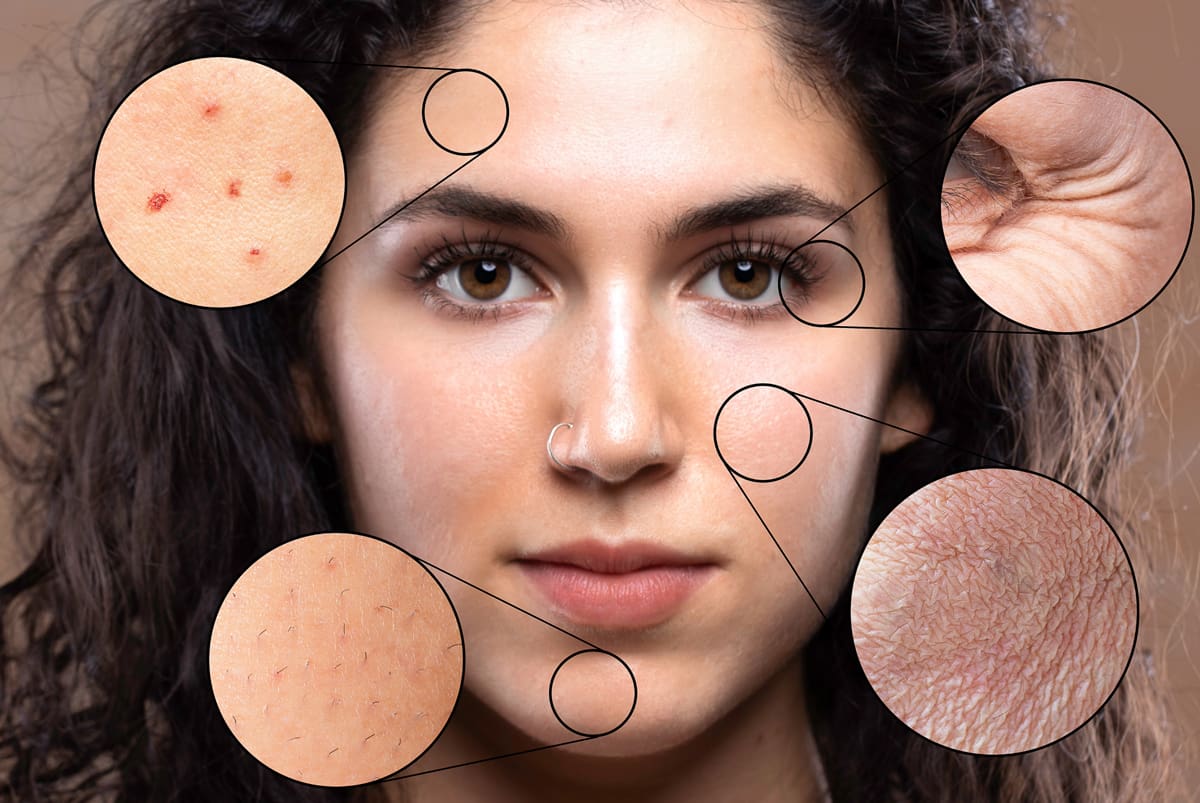Life will inevitably involve stress. We’ve all felt it at some point, and although it’s a normal reaction to difficult circumstances, its impacts can go beyond simply negatively affecting our mental and emotional health. The effects of stress on our skin are one frequently disregarded side effect of it. We’ll look at the links between stress and skin health in this blog post, along with some practical methods for stress management to support better skin.
The Link Between Stress and Skin
There is a complex relationship between skin health and stress. Stress sets off a series of hormonal and biochemical reactions in the body that can have a deleterious impact on the skin in various ways. The following are a few of the most prevalent skin conditions linked to stress:
1. Acne Breakouts: Stress can cause the body to produce more sebum, or skin oil, which can clog pores and result in acne breakouts. Moreover, inflammation brought on by stress can exacerbate pre-existing acne conditions.
2. Premature Aging: Prolonged stress speeds up the loss of collagen and elastin, which are vital for the firmness and elasticity of skin. This can result in premature aging. Skin sagging, wrinkles, and fine lines may come from this.
3. Eczema and Psoriasis: Stress can worsen psoriasis and eczema, leading to flare-ups and more discomfort from these chronic skin conditions.
4. Skin Sensitivity: It can be difficult to maintain a healthy complexion when stressed skin is more sensitive and prone to irritation, redness, and itching.
5. Dull Complexion: Stress can cause the skin’s natural regenerative processes to be disrupted, which can result in a dull, tired-looking complexion.
Controlling Stress for Better Skin
Now that we are aware of how stress affects our skin, let’s look at some practical strategies for reducing stress and fostering improved skin health:
1. Practice Relaxation Techniques: Include yoga, meditation, and deep breathing as well as other relaxation techniques in your daily routine. These techniques can enhance general wellbeing and reduce stress.
2. Get Enough Sleep: Restful sleep is essential for skin renewal and repair. To maintain the best-looking skin, try to get between seven and nine hours of good sleep every night.
3. Maintain a Healthy Diet: You can help maintain the health of your skin by eating a balanced diet that is high in vitamins, minerals, and antioxidants. Steer clear of processed foods and high sugar content, as these can aggravate skin conditions.
4. Keep Yourself Hydrated: Sustaining skin elasticity and avoiding dryness requires adequate hydration. To maintain properly hydrated skin, drink a lot of water.
5. Skincare Routine: Establish a regular skincare regimen that consists of applying sunscreen, cleansing, and moisturizing. Select skincare products based on your skin type and concerns.
6. Seek Professional Assistance: For specialized guidance and treatments if stress is negatively impacting your skin, think about visiting a dermatologist or skincare specialist.
7. Time management: Plan out your days to avoid stressful situations. Set work priorities, assign when you can, and schedule self-care.
8. Limit Stimulants: Because caffeine, alcohol, and nicotine can aggravate stress and have a detrimental effect on your skin, cut back on or give them up.
Although stress can have a negative impact on the health and appearance of your skin, you can lessen its effects by practicing proactive stress management techniques. You can have healthier, more radiant skin and enhance your general well-being by implementing relaxation techniques, leading a healthy lifestyle, and adhering to a skincare regimen. Although stress is inevitable in life, how you handle it can have a significant impact on both your skin and general well-being. Your skin will thank you if you prioritize taking care of yourself and make a commitment to reducing stress in your daily life.
- Natural Skin Lightening Cream for Black Skin – The Ultimate Guide - May 22, 2025
- Natural Skin Lightening – Secrets to A Brighter Skin - May 19, 2025
- The Role of Vitamin D in Skincare: Nourish Your Skin with Clear Essence - February 27, 2025
